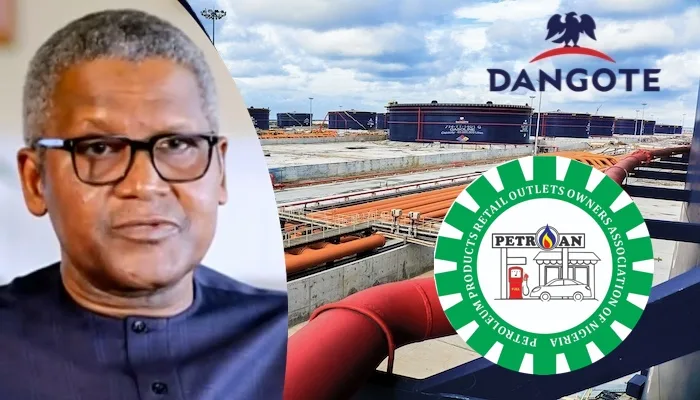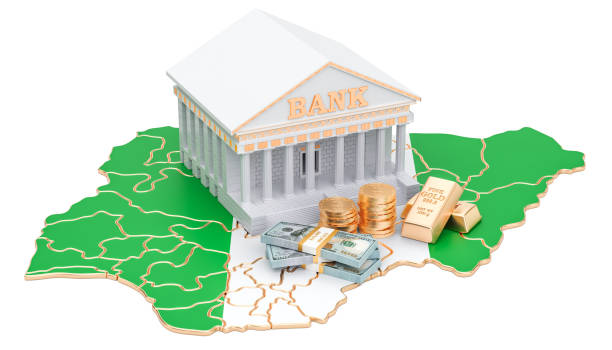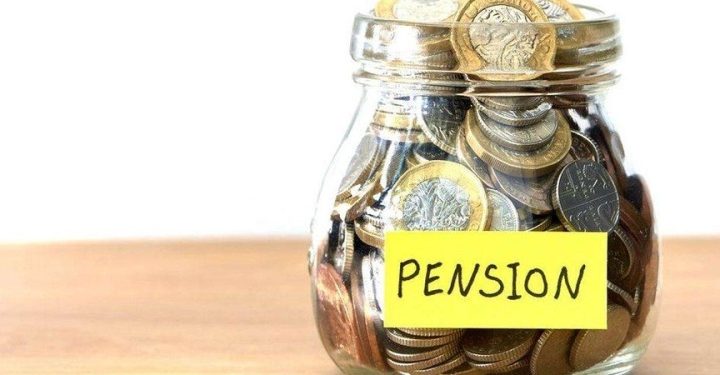The Petroleum Products Retail Outlets Owners Association of Nigeria (PETROAN) has strongly opposed the decision of Dangote Petroleum Refinery to sell refined petroleum products in dollars. The association is urging the Federal Government to prevent the refinery from enforcing the dollar-based pricing system, warning of severe economic consequences.
This comes as the refinery continues to export fuel to international markets, including the shipment of nearly two million barrels of aviation fuel to the United States.
Join our WhatsApp ChannelDangote Refinery’s Shift to Dollar-for-Crude Pricing
Last week, the Dangote refinery announced that it would no longer sell fuel to Nigerian buyers in naira, following the Federal Government’s suspension of the naira-for-crude deal. This decision has created tension among local fuel marketers, sparking concerns about potential price hikes and fuel shortages.
Billy Gillis-Harry, President of PETROAN, stated on Tuesday that this move would worsen inflation and increase pressure on Nigeria’s already unstable foreign exchange market.
READ ALSO: Naira vs Dollar: What To Expect This Week (24th-30th, March 2025)
“PETROAN opposes the sale of petroleum products in dollars within Nigeria. Such a policy will bring undue pressure on foreign currency and increase inflation. We urge the government to ensure that all transactions are conducted in naira to protect the economy and the welfare of Nigerians,” he said.
Local Refineries Still Struggling to Meet Demand
Despite the Dangote refinery’s operations and the functionality of two Nigerian National Petroleum Company (NNPC) refineries, PETROAN expressed concern that Nigeria’s petroleum supply is still insufficient. The association noted that even with modular refineries and importers contributing to the supply chain, the combined capacity of about 835,000 barrels per day cannot fully meet Nigeria’s fuel demand.
The group stressed the need to maintain the importation window for petroleum products to ensure supply stability and price control.
“While we support local production, it is clear that it alone cannot meet demand. Keeping the importation option open will promote competition and help control fuel prices,” PETROAN stated.
Panic Buying and Economic Impact
The announcement of Dollar-for-Crude sales has triggered panic buying across the country, with many Nigerians fearing an imminent fuel crisis. PETROAN, however, reassured the public that there is no need for panic, as there is no fuel shortage.
“We urge Nigerians to remain calm. The Ministry of Petroleum Resources and regulatory agencies are working to ensure a stable fuel supply,” the association stated.
Despite these assurances, the uncertainty surrounding fuel pricing has led to a surge in demand, with some fuel stations experiencing long queues as consumers rush to stock up on petrol.
Dangote Refinery Expands Exports to the US
Meanwhile, the Dangote refinery has continued to expand its international reach, exporting large quantities of aviation fuel to the United States. Data from ship-tracking service Kpler revealed that six vessels carrying about 1.7 million barrels of jet fuel from the refinery arrived at US ports this month.
Analysts suggest that these shipments could lower US jet fuel prices ahead of the peak summer travel season. However, industry experts believe this trend may not last long due to increasing US inventories.
Future of Nigeria’s Oil Market
The controversy surrounding the Dollar-for-Crude policy raises questions about the future of Nigeria’s oil market. While the Dangote refinery’s production has been hailed as a significant achievement, its decision to price fuel in dollars threatens to destabilise the local economy.
PETROAN insists that the government must step in to regulate the situation and ensure that Nigerian consumers are not forced to bear the burden of foreign exchange fluctuations.
The Federal Government’s stance on the issue remains unclear, but industry players and consumers alike will be watching closely as developments unfold.
Emmanuel Ochayi is a journalist. He is a graduate of the University of Lagos, School of first choice and the nations pride. Emmanuel is keen on exploring writing angles in different areas, including Business, climate change, politics, Education, and others.

















